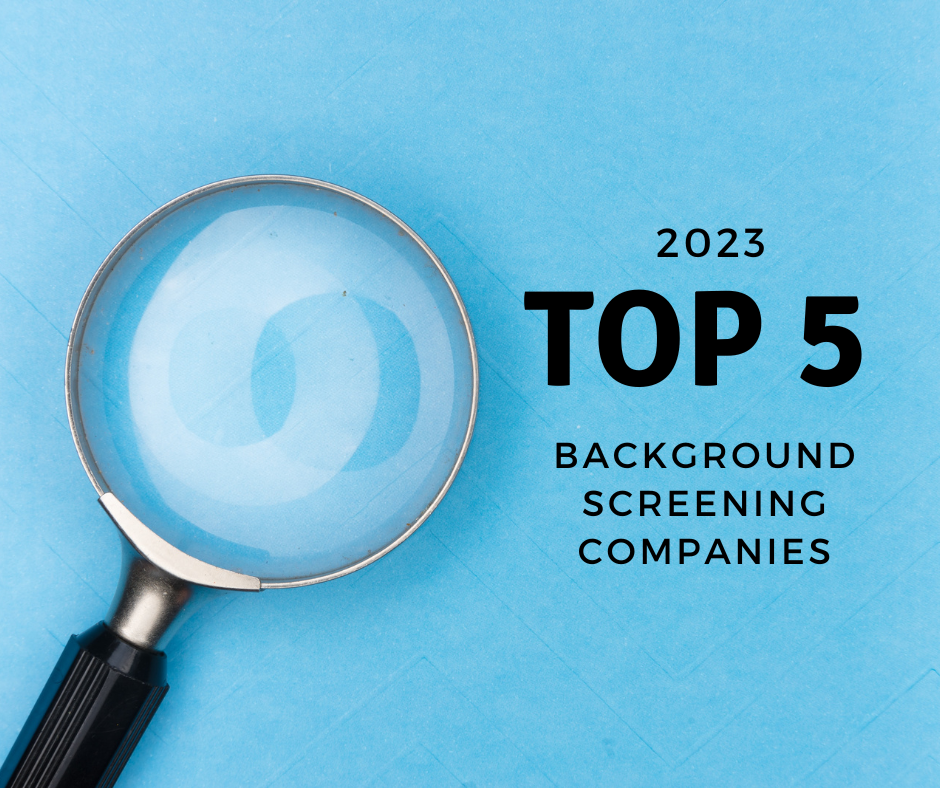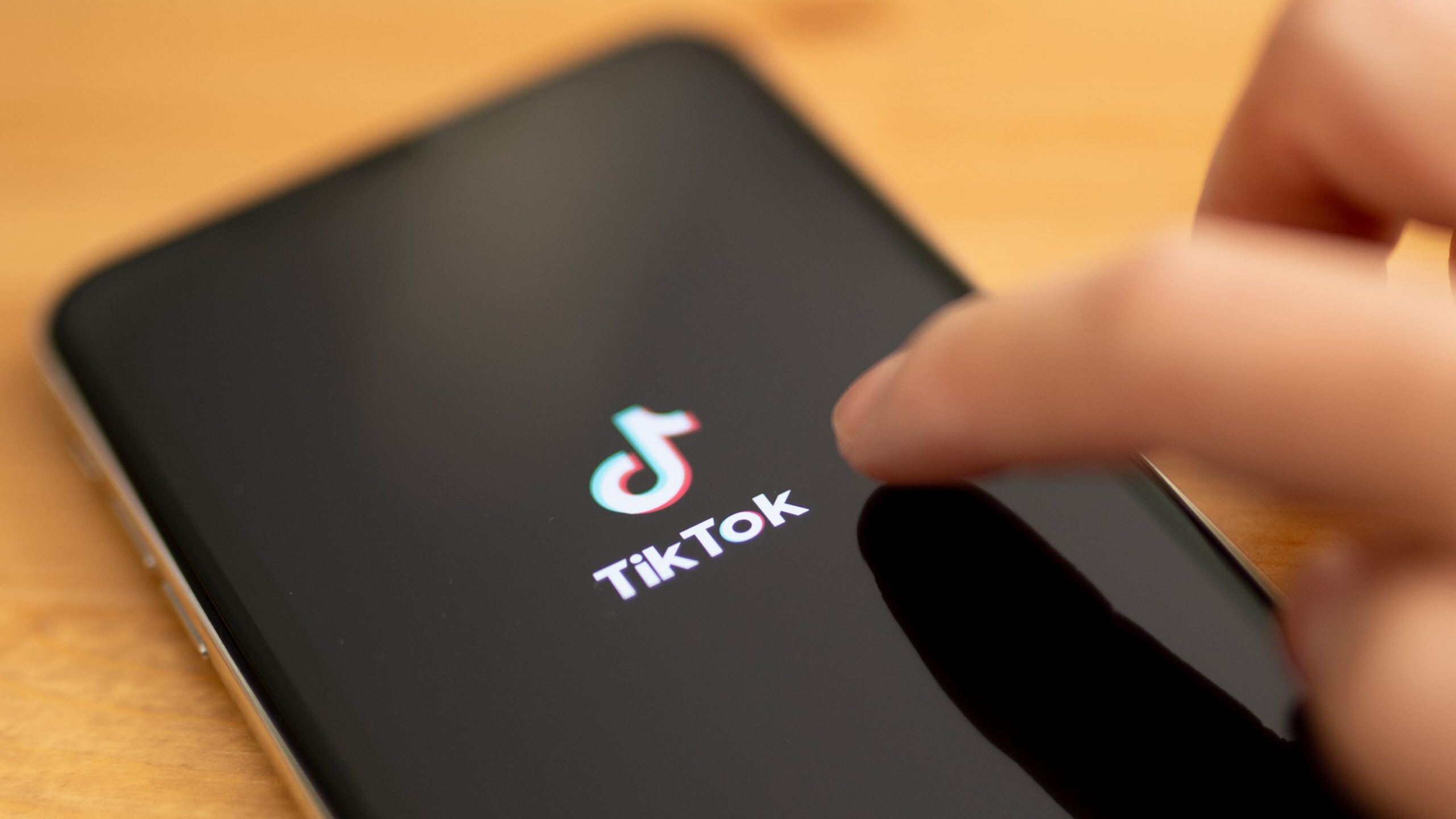How does this benefit you?
BIB may be able to advise you if your applicant has ever applied to another employer under a different name. For example, if Mary Carter applies for a retail position, her background check revealed that she is a convicted felon then all of her information will now continue to be stored in the database. If this same Mary Carter decides to somehow alter her name while applying for a new position, this historical data allows BIB to catch this name variation.
Researchers will be able to see that someone applied to a retailer three years earlier using the same social security number and/or date of birth. FYI, this is one reason why Social Security numbers are necessary for background checks. Not because they help find records – most all criminal records will not include SSN.
When someone is checked for prior screenings, the database pulls up every prior report associated with the applicant’s SSN. Researchers can then compare this information to verify the applicant’s identity.
BIB performs prior applicant screenings on every background check. It is all part of our endeavor to protect what matters by performing a better background check. If someone does not meet the employer’s guidelines and are disqualified from employment, that individual may decide to be more “creative” in their applications in hopes of dodging their criminal past. Prior screening checks are just another way BIB helps clients catch fraudulent behavior.



